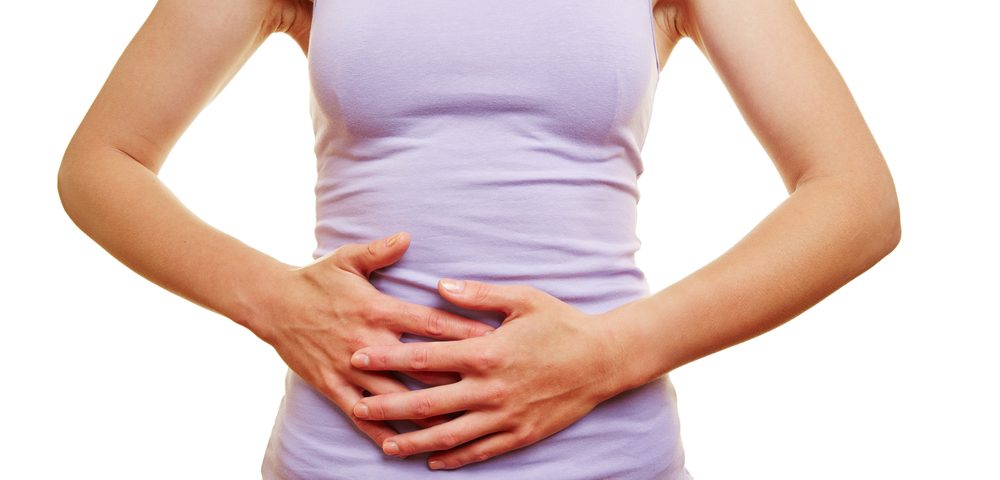Cellceutix has completed enrolling a second cohort of patients with mild-to-moderate ulcerative proctitis/ulcerative proctosigmoiditis (UP/UPS), two forms of inflammatory bowel disease (IBD), in its Phase 2 clinical trial evaluating brilacidin (PMX-30063). Treatment of this group is expected to be complete by the end of February.
The open-label, proof-of-concept Phase 2 clinical trial is designed to assess the remission of the condition (its primary endpoint) in 18 adult patients with mild-to-moderate UP/UPS.
The trial is composed of three cohorts (six patients per group), with progressive dose escalation by cohort — 50 mg, 100 mg, and 200 mg of brilacidin, respectively. Patients are receiving brilacidin through retention enema once daily at bedtime for six weeks.
Review of safety data from the first cohort revealed that treatment with brilacidin 50 mg once daily was well-tolerated with no measurable systemic absorption detected. These tolerability results allowed the approval of dose escalation of 100 mg once daily to the second group of patients.
The first group of treated patients also showed clinically meaningful improvements in symptoms of UP/UPS, as measured by patient reported outcomes and physician assessments, further supported with endoscopic evaluation of disease activity.
“To date, the trial has exceeded our expectations on all fronts. The study needs to be successfully completed with the final data fully analyzed, but at this point we attribute the early favorable results to brilacidin’s robust anti-inflammatory therapeutic profile,” Arthur P. Bertolino, MD, president and chief medical officer at Cellceutix, said in a press release. “Given Brilacidin’s unique mechanism of action, the body is able to get back to doing what it’s usually already good at — fighting illness and infection.”
Cellceutix CEO Leo Ehrlich said the company “raised a lot of eyebrows at meetings at the Biotech Showcase conference last week and are capturing the attention of Big Pharma with preliminary reports and scopes.”
“Seeing the before and after endoscopic videos from patients in Cohort 1 is the most encouraging support of brilacidin’s potential for treating IBD,” Ehrlich said. “I am proud to say that to date, every patient in this trial has benefited from their brilacidin treatment.”
The causes of UP/UPS are not yet known, but the conditions are often initially treated with oral or rectal 5-aminosalicyclic acid or corticosteroids. However, using rectal corticosteroids for a long period of time is not recommended due to potentially serious side effects.
Brilacidin is Cellceutix’s non-corticosteroid lead candidate modeled after host defense proteins (HDPs), the front-line of defense in the immune system. It’s a small synthetic molecule that kills pathogens and functions in a robust immunomodulatory capacity, lessening inflammation and promoting healing.

